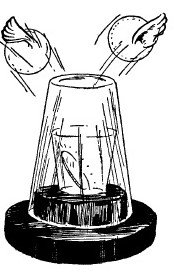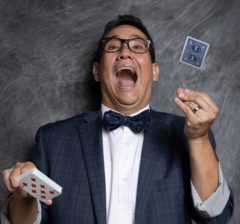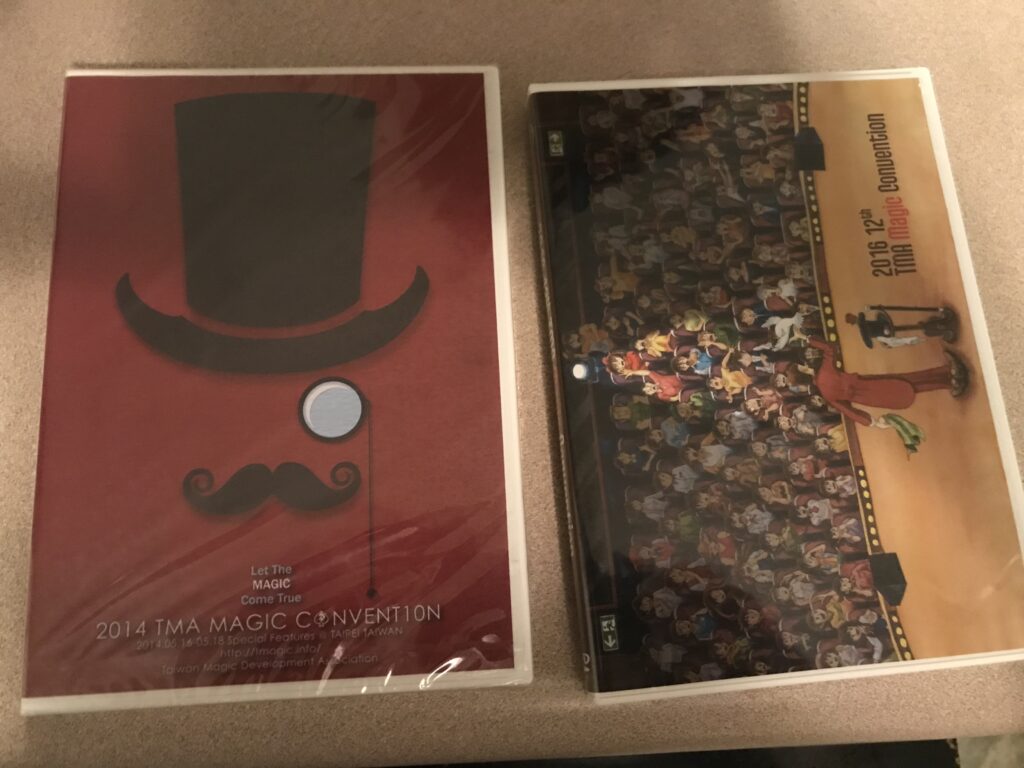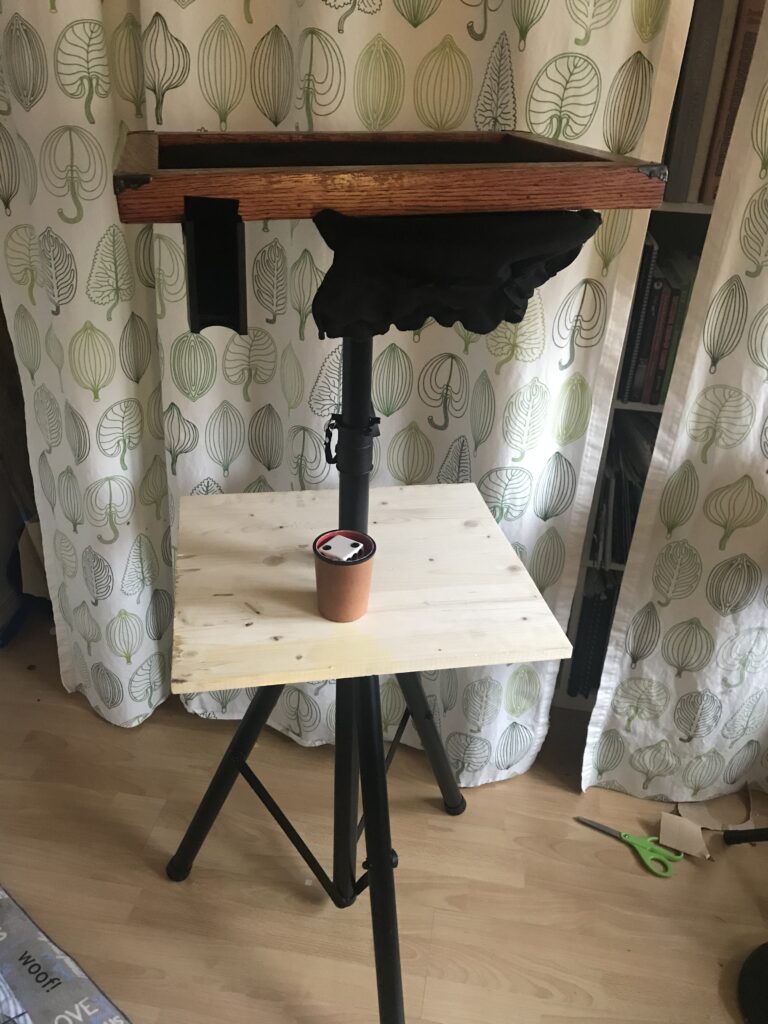
About a month ago I make a blog post about how a version of Copentro that I’d been thinking about for while and was finally working out. It was more of a coins to glass than Copentro. What I mean by that is in Copentro the coin appears in side a glass that’s covered in a glass.
Also I should note that what I’m calling Copentro is Jack Hughes Visible Coins to Glass. I grew up calling it Copentro due to Bob Kline marketing it as that.
I like the coins to glass that I’ve been doing, but something inside me wanted to make a coin appear inside a glass that was covered by a glass. Luckily it really didn’t take much to make that happen. Here’s what I came up with:
I think it captured the spirit of the Jack Hughes / Bob Kline effect. Unfortunately I can only do it with one coin



